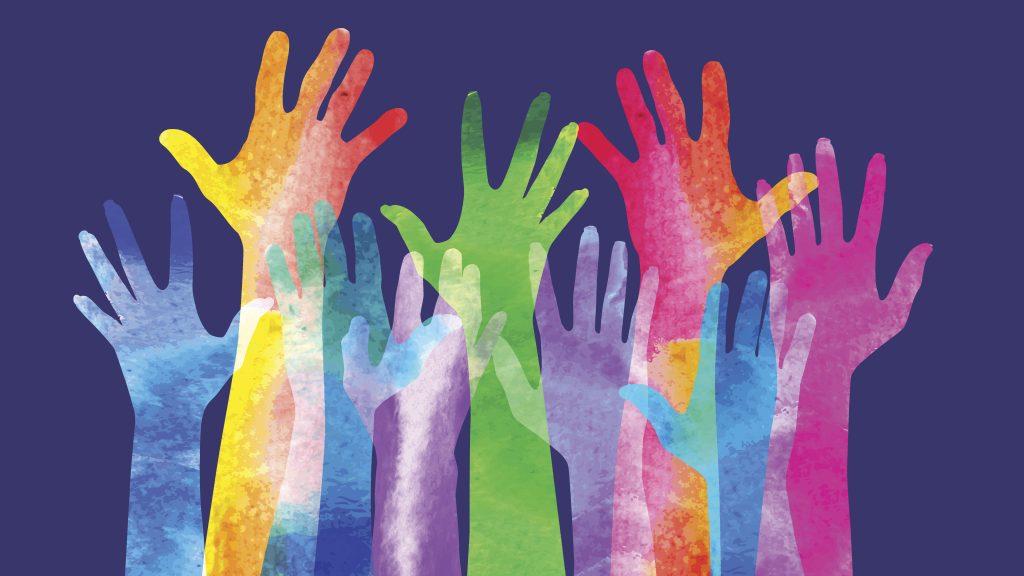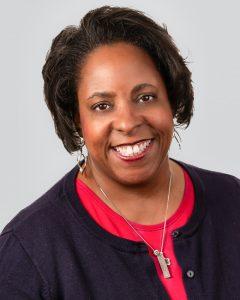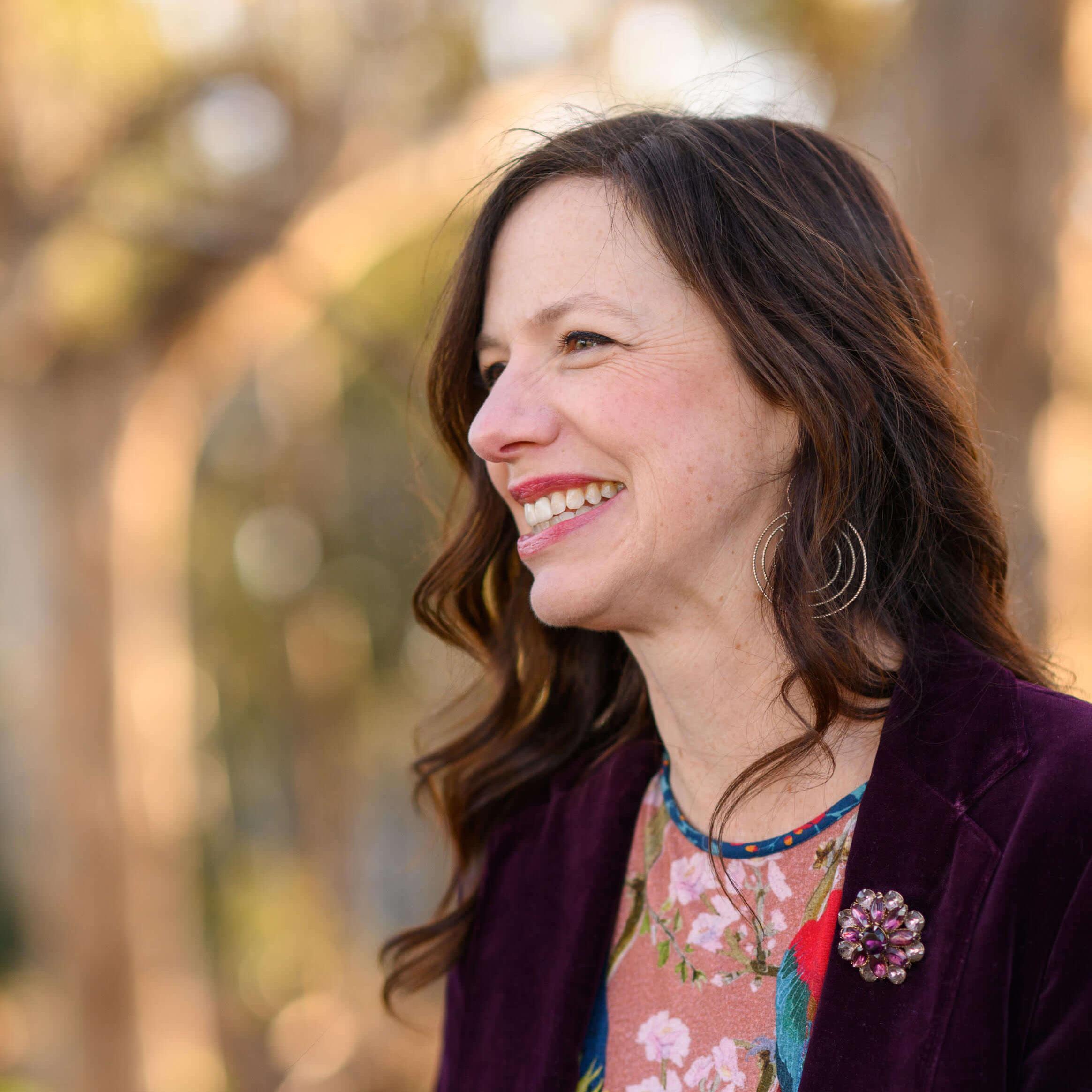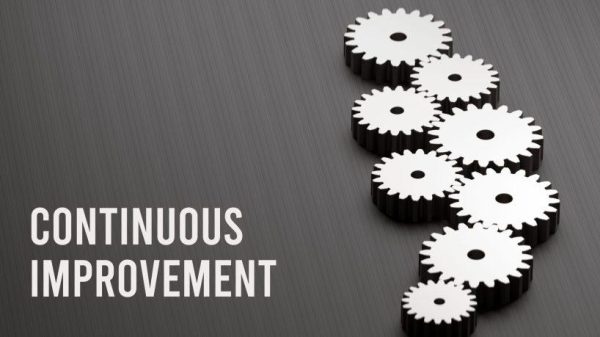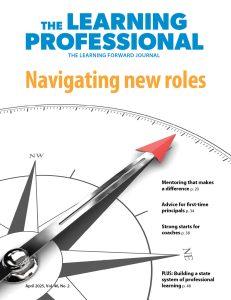The 11 Standards for Professional Learning explicitly address equity, and work together to create the conditions, culture, and content for equity within professional learning. Specifically, the Equity Foundations standard addresses the learning conditions and context, describing the importance of creating conditions where equity considerations permeate professional learning rather than standing apart as a separate issue to address. One way to explore and establish systems that promote equity is to engage in continuous improvement practices.
Continuous improvement has generated lots of buzz as a way to leverage professional learning in schools to make progress on issues we care about and close equity gaps. But if we aren’t intentional, it is possible for changes to not yield results in more equity. It’s not just about outcomes — it’s about designing equitable processes where those we serve have a seat at the table and are partners in the changes we seek.
In this short compelling video, Brandi Hinnant-Crawford of Clemson University talks about the importance of rooting any improvement effort in two key questions: Who’s involved? Who’s impacted?
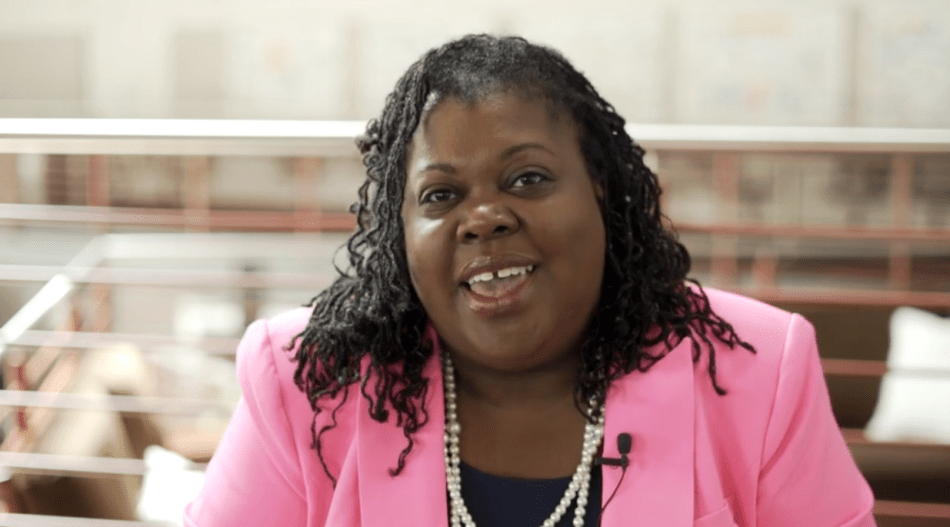
She brings an equity lens to the model for improvement, and poses some additional questions to keep in mind if we want to improve with equity at the center.
Her questions push us to keep the students and communities we serve top of mind, to consider their interests and “felt needs” (i.e. not just what we think they need) and to ensure our change efforts are rooted in the values and priorities of those most impacted. Fundamentally, these questions help us shift from a stance of “doing for” to “doing with” — to working with students, families and communities as partners in our collective work of ensuring every student in our schools can be successful.
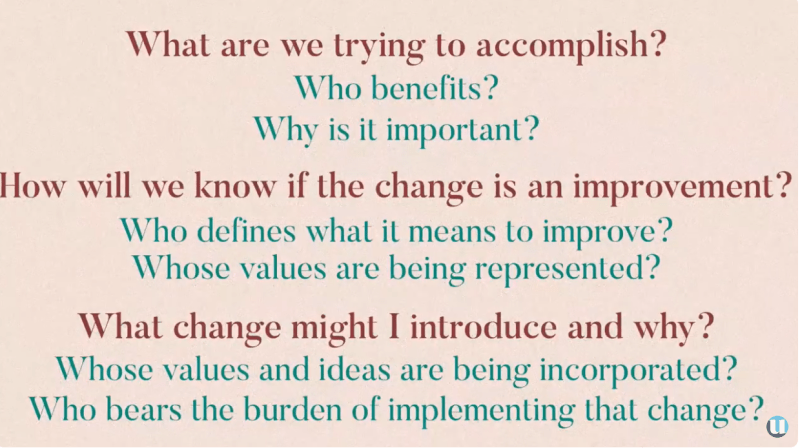
If these ideas inspire you, we have great news! Hinnant-Crawford is our Wednesday, Dec. 6, keynote speaker at Learning Forward’s Annual Conference, Dec. 3-6, 2023, Washington, D.C. Hinnant-Crawford is also featured in an UnBoxed podcast recorded by our friends at the High Tech High Graduate School of Education. Click here to listen to Improvement for Liberation, where Brandi talks about what it looks like when equity and liberation are embedded in the process of improvement, not just the hoped-for result.


